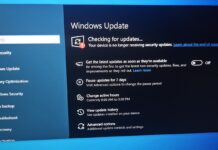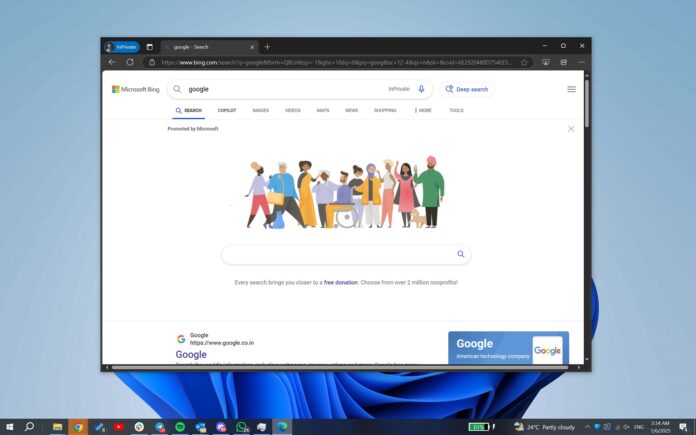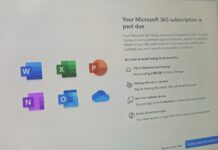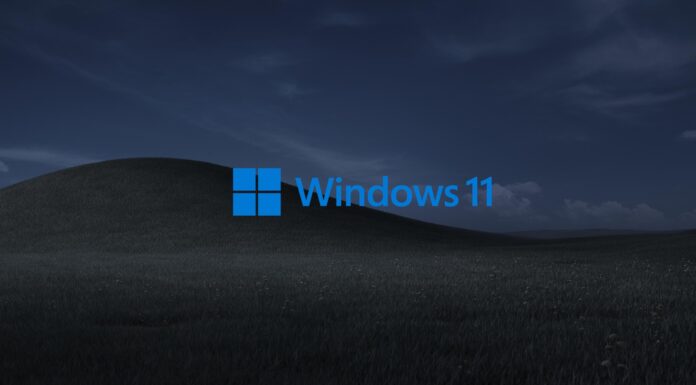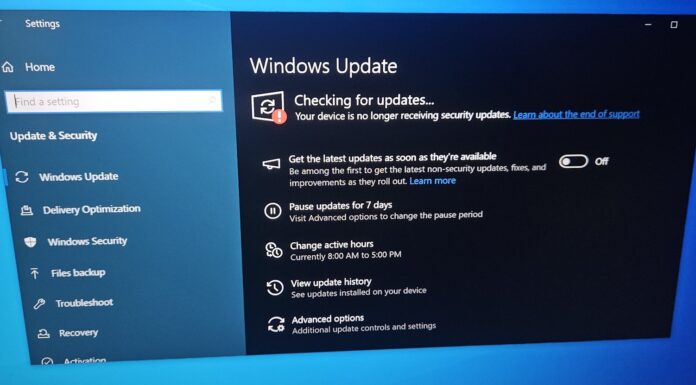In 2020, Bing handled one search in sixteen searches (roughly), but today it handles one in eight (March 2025) on desktop. To be precise, the “one search in sixteen” figure comes from Bing’s average share for the whole of 2020 (6.14 %), and the ratio works out to about one in sixteen searches. Our report focuses only on the desktop search market.
This is according to Statista’s summary of StatCounter numbers seen by Windows Latest. The numbers are very interesting because Bing’s market share has increased to 12.21%, while Google search dropped to 79.10% share. We’re talking about desktop search market share based on StatCounter data.
Bing isn’t a new search engine, but it’s often overlooked. In fact, we have noticed that Bing produces significantly better search results, and I’ll come to that later. But first, let’s talk about Bing’s market growth. I extracted the global desktop market‑share data of the last 5 years from January 2020 to March 2025, and we noticed an interesting pattern:
| Year | Average Bing share | Change vs previous year |
|---|---|---|
| 2020 | 6.14% | – (base year for comparison) |
| 2021 | 6.45% | +0.31 pt |
| 2022 | 8.65% | +2.20 pt ← first surge |
| 2023 | 8.67% | flat |
| 2024 | 11.32% | +2.65 pt ← second surge |
| 2025* | 12.00% | +0.68 pt (Jan–Mar) |
As you can see in the above table curated by Windows Latest, Bing has seen growth ever since Microsoft started getting aggressive with ads in Edge/Windows 11, and later due to Copilot.
At the same time, the growth can also be attributed to the fact that Google’s search quality has dropped over time, and users aren’t happy with obvious spam sites taking over the search results.
It is worth noting that these numbers have been concluded from StatCounter data, which is an analytics firm that builds its “stats” from > 10 billion pageviews each month.
Let’s compare the desktop market share of Google and Bing between January 1, 2024 and March 2025 to have a better look at the numbers:
Bing vs Google market share
| Month | Google (%) | Bing (%) | Bing Δ | Google Δ |
|---|---|---|---|---|
| 2024-01 | 81.95 | 10.51 | – | – |
| 2024-02 | 82.29 | 10.18 | -0.33 | +0.34 |
| 2024-03 | 81.63 | 10.24 | +0.06 | -0.66 |
| 2024-04 | 80.74 | 11.19 | +0.95 | -0.89 |
| 2024-05 | 80.49 | 11.39 | +0.20 | -0.25 |
| 2024-06 | 80.41 | 11.55 | +0.16 | -0.08 |
| 2024-07 | 80.33 | 11.83 | +0.28 | -0.08 |
| 2024-08 | 79.64 | 11.97 | +0.14 | -0.69 |
| 2024-09 | 79.62 | 11.77 | -0.20 | -0.02 |
| 2024-10 | 79.87 | 11.68 | -0.09 | +0.25 |
| 2024-11 | 80.34 | 11.53 | -0.15 | +0.47 |
| 2024-12 | 79.07 | 11.94 | +0.41 | -1.27 |
| 2025-01 | 79.32 | 11.96 | +0.02 | +0.25 |
| 2025-02 | 79.92 | 11.84 | -0.12 | +0.60 |
| 2025-03 | 79.10 | 12.21 | +0.37 | -0.82 |
The above data from StatCounter clearly shows that Google is slipping here, but it’s not losing a significant chunk of the market.
Google’s market share slip:
- January 2020: 87 % of desktop searches.
- March 2025: 79 %.
That is an 8‑point drop in five years. Roughly one‑and‑a‑half points every year.
Bing is the only big winner:
- January 2020: 5.5 %.
- March 2025: 12.2 % (the highest in the whole sheet).
That is a gain of 6.7 points or +121 %.
Is it a slow death? Certainly not. Bing needs to do something extraordinary to have a chance against Google’s monopoly.
It also looks like ChatGPT is not eating up Google’s market share, as consumers have different use cases for both products.
As I mentioned at the outset, Bing is really doing better, and I’m not really surprised because we have seen it produce better search results. Windows Latest compared search results of Bing and Google, and we built a list of 100 everyday queries into five groups – tech help, breaking news, online shopping, local services, and random trivia.
In our tests, Bing came out on top in 80 of the 100 trials. It answered queries more accurately with diverse sites of websites, including independent publishers.
Better search quality combined with Copilot seems to be working in Bing’s favour.
Microsoft is pushing Bing through Edge and Windows 11
It’s also worth noting that Microsoft has been aggressive with Bing’s promotion across its products, including Edge and Windows 11. Previously, Windows Latest spotted Microsoft forcing Chrome users to try Bing and Copilot search via a full-fledged pop-up, and we’ve also seen Bing spoof Google UI:

See? Bing tricks you into believing that you’re on Google when you search Google in Edge’s address bar, but that’s far from reality. Bing is spoofing Google’s UI, and it might have worked in Microsoft’s favour. This practice does have the potential to retain potential Google seekers.
However, compared to Google’s practices, this is nothing. Google tries to send users to Google search from all of its products, and it’s so well integrated that users will not care about Google being “forced.”
What about you? Have you switched to Bing from Google? Personally, I stopped using Google and never looked back. Bing does everything better.
Footnote:
- We used StatCounter’s raw monthly file for calculations and Statista only as a secondary cross‑check.
- Bing’s average share for 2020 was 6.14 percent, so 1 ÷ 0.0614 ≈ 16, which is why we say “one search in sixteen” line. Its March 2025 share was 12.21 percent, and 1 ÷ 0.1221 ≈ 8, hence “one search in eight.”
- Bing’s growth can be tied to: better quality, Copilot, Microsoft Rewards (pays you to use Bing), pop-ups in Edge/Windows 11, and Google’s downfall.
- This study represents the “desktop search market,” and it does not include mobile/tablet. If you look at the “overall” performance across all platforms, Bing sits at only 3.88%, while Google is 89.66%. This is particularly because Google dominates the mobile space, and partners with companies like Apple/Samsung to set Google as the default search engine. This is being investigated by the United States as an antitrust practice.






